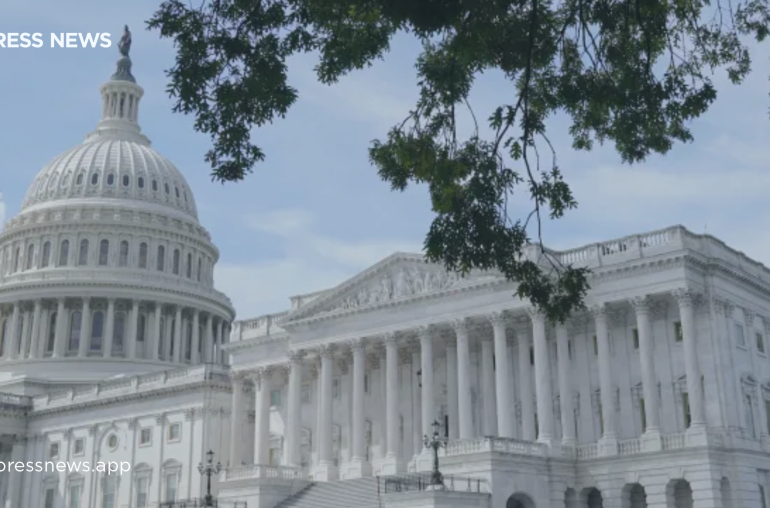In a significant legislative move, Republican lawmakers, led by Senator Ted Cruz and Representative Mike Carey, have introduced a joint resolution aiming to repeal a tax-compliance rule that mandates decentralized finance (DeFi) platforms to report transactions to the Internal Revenue Service (IRS). This initiative underscores the growing influence of the cryptocurrency industry in shaping U.S. financial regulations.
Background of the Tax-Compliance Rule
The contested rule, finalized by the Biden administration in December 2024, expanded the definition of “broker” to include DeFi platforms. This classification obligates these platforms to adhere to stringent reporting standards akin to those imposed on traditional financial institutions, including the issuance of Form 1099-DA for reporting users’ digital asset sales. The rule was slated for implementation on January 1, 2027, providing a window for compliance adjustments.
Arguments for Repeal
Proponents of the repeal argue that the rule imposes undue burdens on DeFi platforms, potentially stifling innovation and driving operations offshore. They contend that the decentralized nature of these platforms makes compliance with traditional reporting requirements impractical, as many DeFi services operate without centralized control or access to user information. Senator Cruz emphasized that the rule “fails to take into account the nature of blockchain itself and distributed systems more generally,” suggesting it could hinder the growth of decentralized technologies.
Industry Response
The cryptocurrency community has largely welcomed the legislative pushback. Kristin Smith, CEO of the Blockchain Association, stated that eliminating the tax rule is a priority for the industry, highlighting concerns that the regulation exceeds congressional intent and could hamper the sector’s development.
Concerns from Opponents
Critics of the repeal warn that removing the reporting requirements could facilitate tax evasion and reduce transparency in digital asset transactions. They argue that the IRS’s ability to monitor and enforce tax compliance in the rapidly evolving crypto space would be compromised, potentially leading to significant revenue losses. Omri Marian, a tax law professor at the University of California, Irvine, expressed concerns that without such regulations, individuals might exploit the system to avoid taxes, undermining the integrity of the tax system.
Legislative Path Forward
The joint resolution leverages the Congressional Review Act, allowing Congress to overturn federal regulations with a simple majority vote. If successful, this would mark a notable instance of Congress rescinding a tax rule, setting a precedent for future regulatory challenges. The resolution’s outcome will significantly impact the trajectory of DeFi platforms and the broader cryptocurrency landscape in the United States.
Implications for the Cryptocurrency EcosystemThe debate highlights the tension between fostering innovation in the burgeoning DeFi sector and ensuring adequate regulatory oversight to prevent illicit activities. As the legislative process unfolds, stakeholders within the cryptocurrency ecosystem are closely monitoring developments, recognizing that the resolution’s passage or failure will have profound implications for the industry’s future in the U.S.





